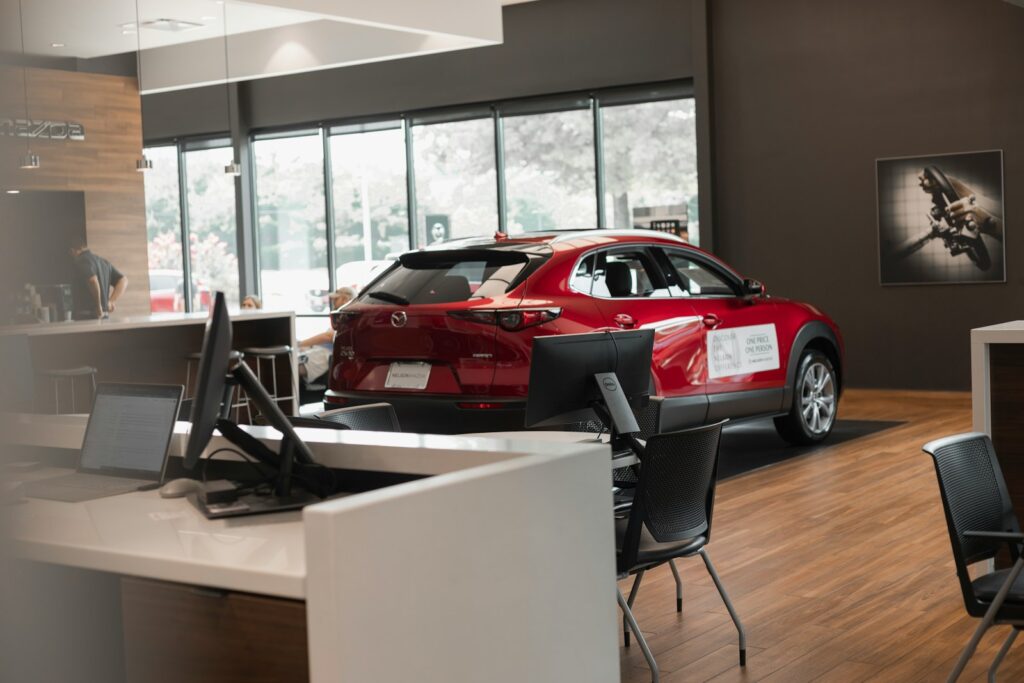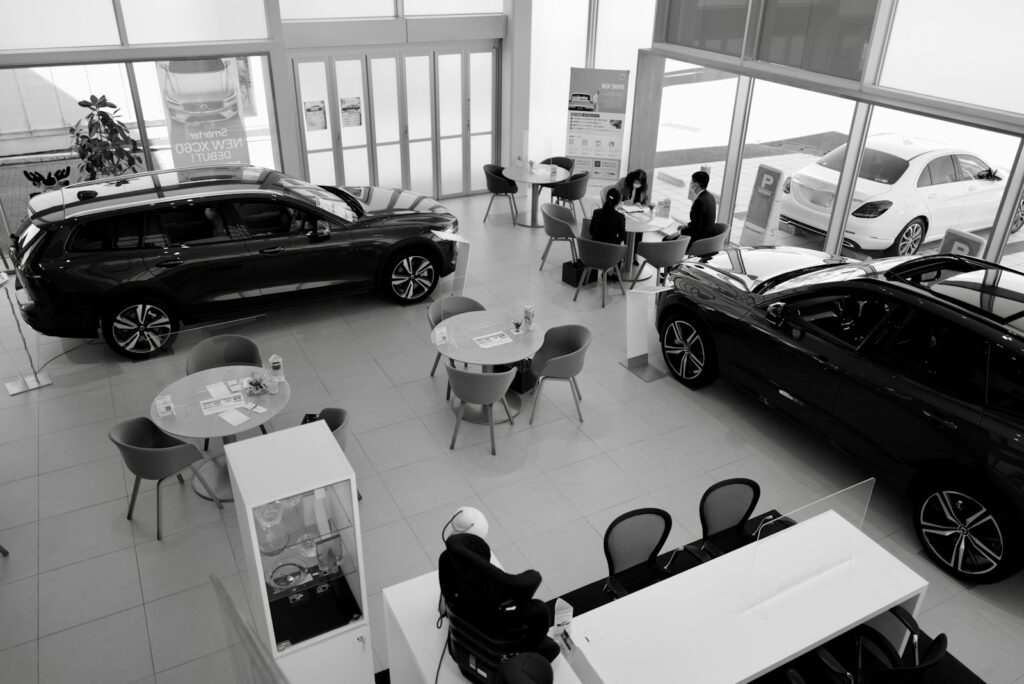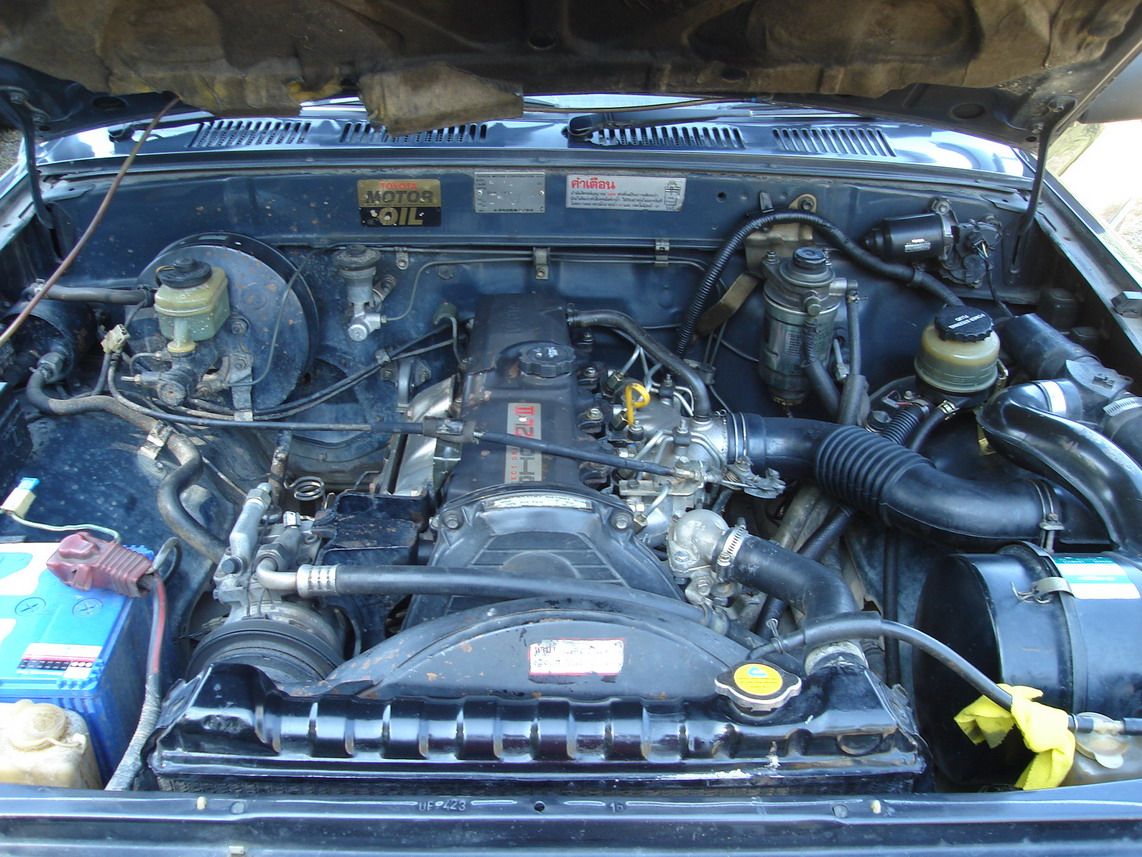
Buying a new car is one of the most significant financial decisions many people make, with long-lasting implications. The average American vehicle stays on the road for more than 12 years, while typical car loans stretch nearly six years. Yet because most consumers only visit dealerships occasionally, many enter negotiations at a disadvantage, leaving room for salespeople to capitalize on inexperience.
The car-buying process does not have to be overwhelming. Success often depends less on what you say and more on what you choose not to reveal. By avoiding certain statements, you protect your negotiating power and ensure a deal that benefits you rather than the dealership.

Guard Your Knowledge and Emotions
Admitting “I don’t know much about cars” immediately signals vulnerability. While some salespeople act in good faith, others may use this to steer you toward vehicles that benefit them, not you. Doing thorough research on car reviews, features, and market value before visiting a dealership provides the best defense against this tactic.
Similarly, avoid showing too much enthusiasm by exclaiming “I love this car.” Emotional attachment can give the salesperson leverage, making you less likely to walk away. Remaining calm and businesslike helps maintain control and ensures you only commit to a deal that truly makes sense.

Manage Perceptions of Urgency and Experience
Telling a salesperson “My current car is on its last legs” or “My lease is almost up” exposes urgency. This suggests you may not shop around, weakening your position. Dealers may also undervalue your trade-in, justifying lower offers based on your time pressure. A more effective response is to indicate you have “a little time,” preserving flexibility.
Equally important, never admit “I’ve never bought a new car before.” Inexperience can invite sales strategies that favor the dealership. Instead, educate yourself on the process and, if necessary, bring along someone with prior car-buying experience for support.

Financing Secrets to Keep Quiet
Many buyers assume declaring “I’m going to pay cash” works in their favor, but dealerships often rely on financing profits. If they know you are paying cash, they may be less motivated to negotiate on the vehicle price. A neutral response such as “I’m undecided” maintains leverage until after the car’s price is set.
Even if you already have pre-approved financing, avoid announcing “I already have a car loan lined up.” Just as with cash, the dealership may be less flexible on the car’s price if they know they cannot profit from financing. Instead, finalize the vehicle price first, then invite them to compete with your loan offer.
Keep Financial Details Private
Disclosing “This is the maximum I can pay each month” can backfire. Salespeople are skilled at adjusting loan terms to meet your monthly target, often at the expense of a higher total cost. Always focus on negotiating the full purchase price, including fees and trade-in value, before discussing financing terms.
Similarly, avoid saying “I don’t know what my credit score is.” Your credit directly affects your loan options, and uncertainty may lead to unfavorable offers. Checking your credit score in advance allows you to recognize competitive rates and challenge inflated financing terms.

Trade-In and Occupation Traps
Mentioning “I have a trade-in” too early complicates negotiations. Dealers may manipulate figures to make the overall deal appear better than it is, obscuring the true value of your trade and the new vehicle. Secure the purchase price of the new car first, then introduce your trade-in. Alternatively, consider selling your old car privately for maximum transparency.
Revealing your occupation can also influence how dealers perceive your budget. They may assume a higher income and push more expensive vehicles. Keeping job-related details vague prevents them from tailoring pricing strategies to perceived earning power.

Be Prepared, Not Persuaded
Asking “Tell me about leasing” or “Tell me about the extended warranty” at the dealership invites pressure to accept potentially costly add-ons. Leasing and extended warranties can be complex, and dealerships often profit heavily from them. Research these options beforehand so you can either confidently decline or negotiate terms from an informed position.
Finally, never reveal your current loan payoff amount when trading in a vehicle. Dealers may structure the deal to cover your debt rather than maximize trade-in value. By withholding this detail, you ensure your trade is evaluated fairly based on market worth.

Car dealerships operate with strategies designed to maximize their profit, but buyers can protect themselves by controlling the information they share. Avoiding statements about urgency, budget, financing, credit, or personal details helps maintain negotiating power. With preparation, research, and restraint, you can approach the dealership with confidence and drive away knowing you secured a fair deal.




